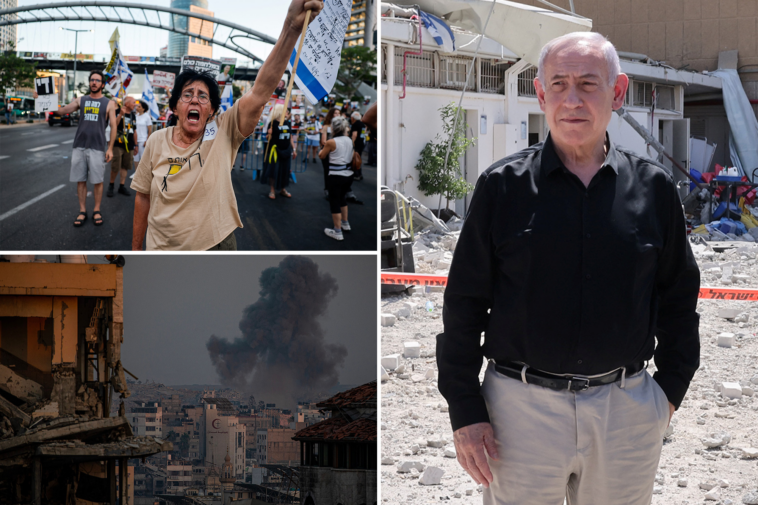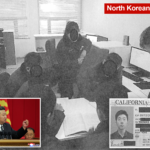The Gaza cease-fire deal currently on the table aims to free at least 28 hostages in exchange for a 60-day truce, but whether it sticks depends on how Israel and Hamas agree to end the war, the same issue that has sunk all other peace talks.
Hamas signaled Thursday that it was ready to engage in peace talks after months of stalled negotiations, with the current US-backed deal calling on the terror group to free 10 living hostages and 18 of the dead over a 60-day period, Israeli outlets reported.
The deal would see the captives freed in five groups over the two-month period, with Hamas allegedly agreeing to skip the public ceremonies that marred the last hostage exchanges earlier this year, the New York Times reported.
The deal would leave Hamas with only 10 living hostages left, along with the bodies of 12 others, according to Israeli intelligence.
It remains unclear if slain Israeli-American IDF soldiers Itay Chen, 19, and Omer Neutra, 22, are among those whose bodies will be released under the deal.
In exchange for the hostages, Israel would agree to free a number of Palestinian prisoners in jails, as well as boost the amount of humanitarian aid entering the Gaza Strip.
The Israel Defense Forces would also partially withdraw from Gaza to facilitate the cease-fire and humanitarian effort, a noticeable move after the military began occupying nearly the entire enclave in May.
The deal would also tap a group of Palestinians with no known political affiliations to form a Community Support Committee to lead Gaza in a reconstruction period instead of Hamas.
The terms of the deal are more or less in line with the version submitted by President Trump’s envoy to the Middle East, Steve Witkoff, who had secured the release of Israeli-American Edan Alexander.
While both sides appear to show flexibility to secure a cease-fire deal, a consensus on how the war should conclude still eludes Egyptian and Qatari mediators.
Israeli Prime Minister Benjamin Netanyahu reiterated Wednesday that the war will not end until Hamas is eradicated and Gaza no longer poses a threat to the Jewish state.
Hamas, meanwhile, said it will not agree to any deal that does not include a process to permanently end the fighting.
This clash in the negotiations is what led to the breakdown of the last deal in March, with Israel refusing to discuss ending the war in exchange for more hostages.
Hamas, however, believes that an end may finally be in sight thanks to the way Trump handled the cease-fire between Israel and Iran in June, an Egyptian diplomat told the Associated Press.
During the first day of the fragile truce, Trump called Netanyahu directly to keep a series of tit-for-tat airstrikes from escalating, with the attacks stopping shortly after.
The way the truce played out has “given a bit of confidence to Hamas” that Trump would stop Israel from returning to war, again, if a cease-fire deal is secured.



